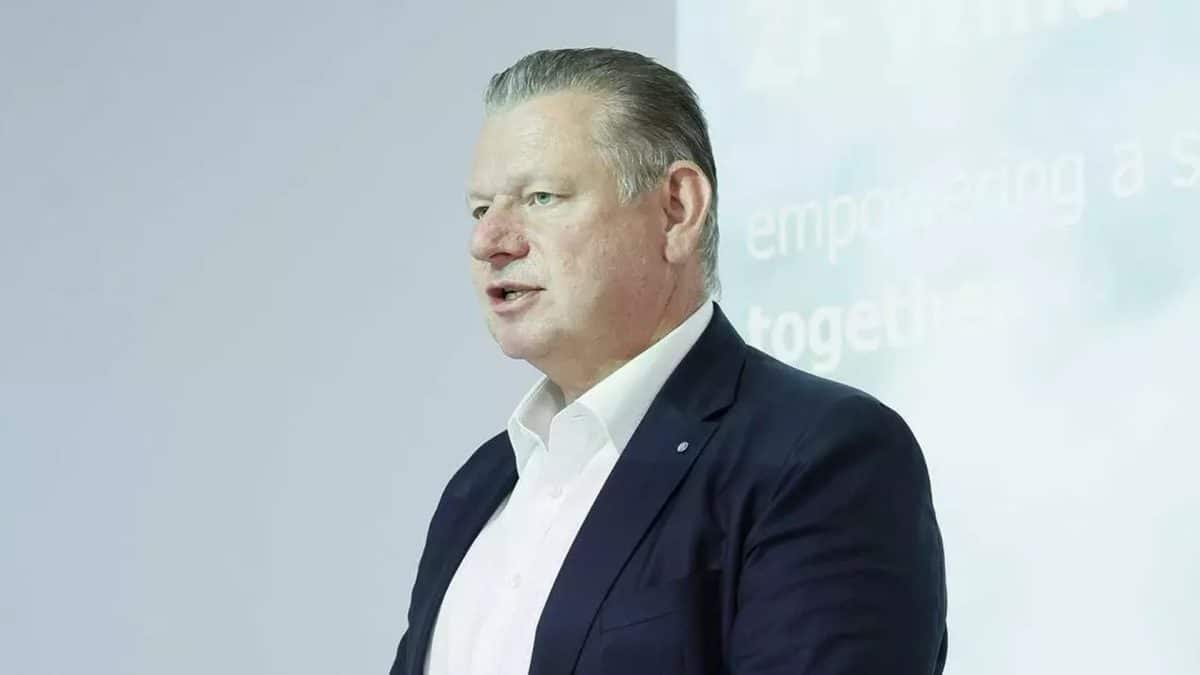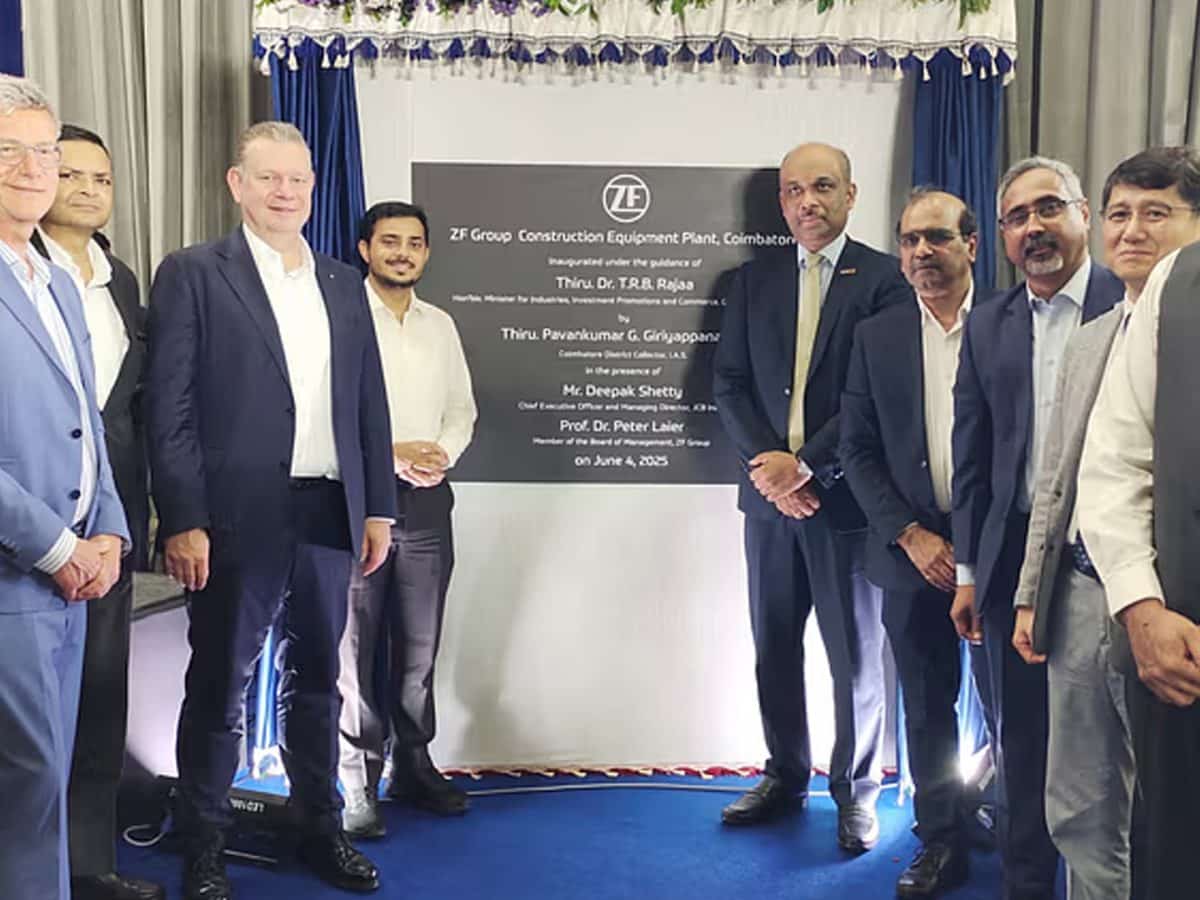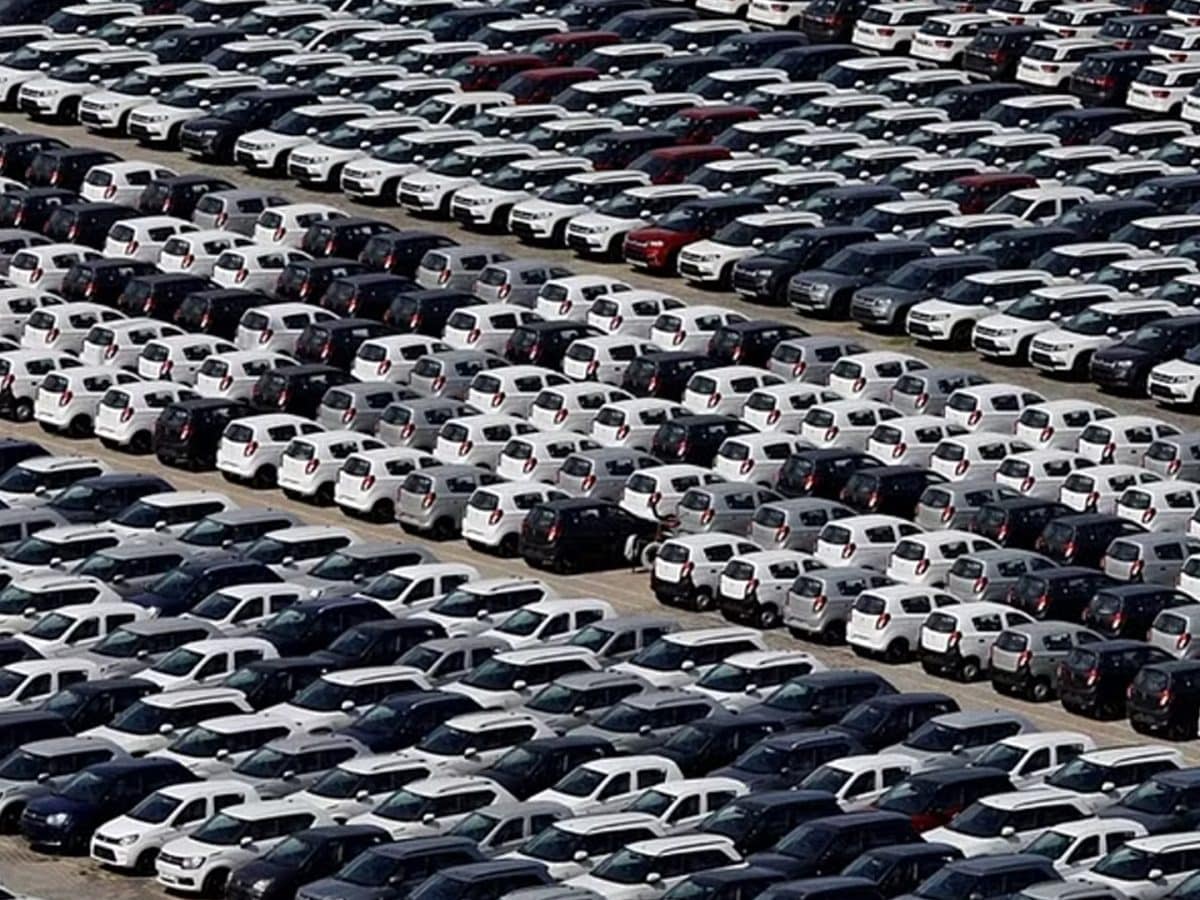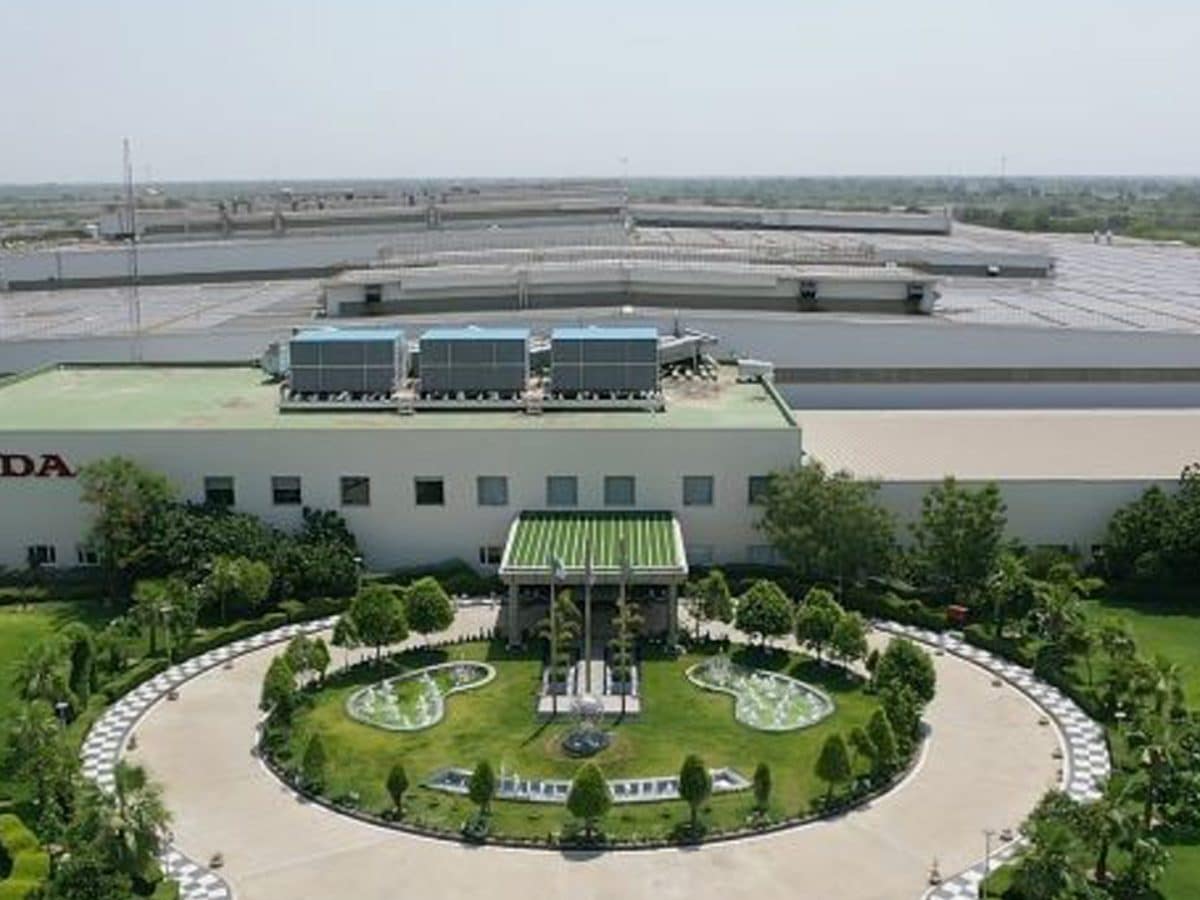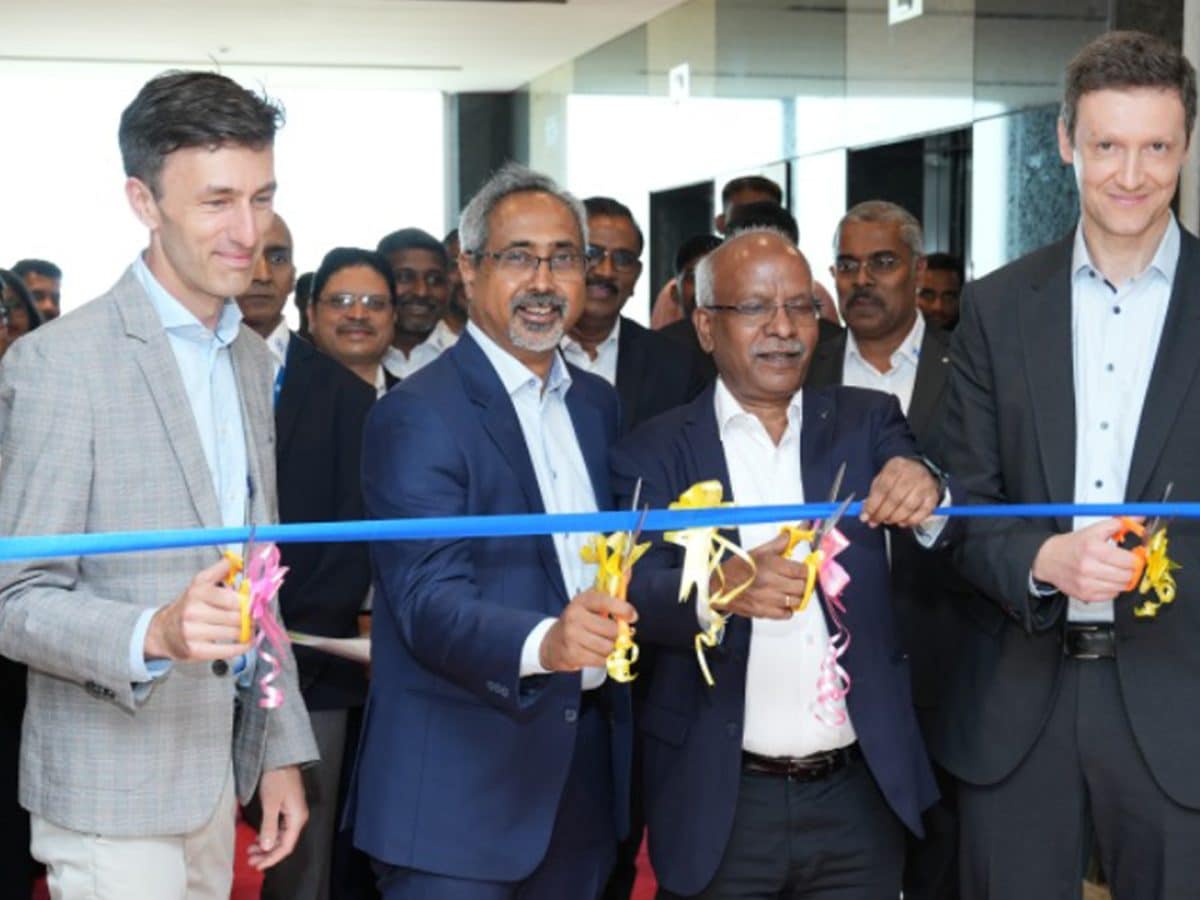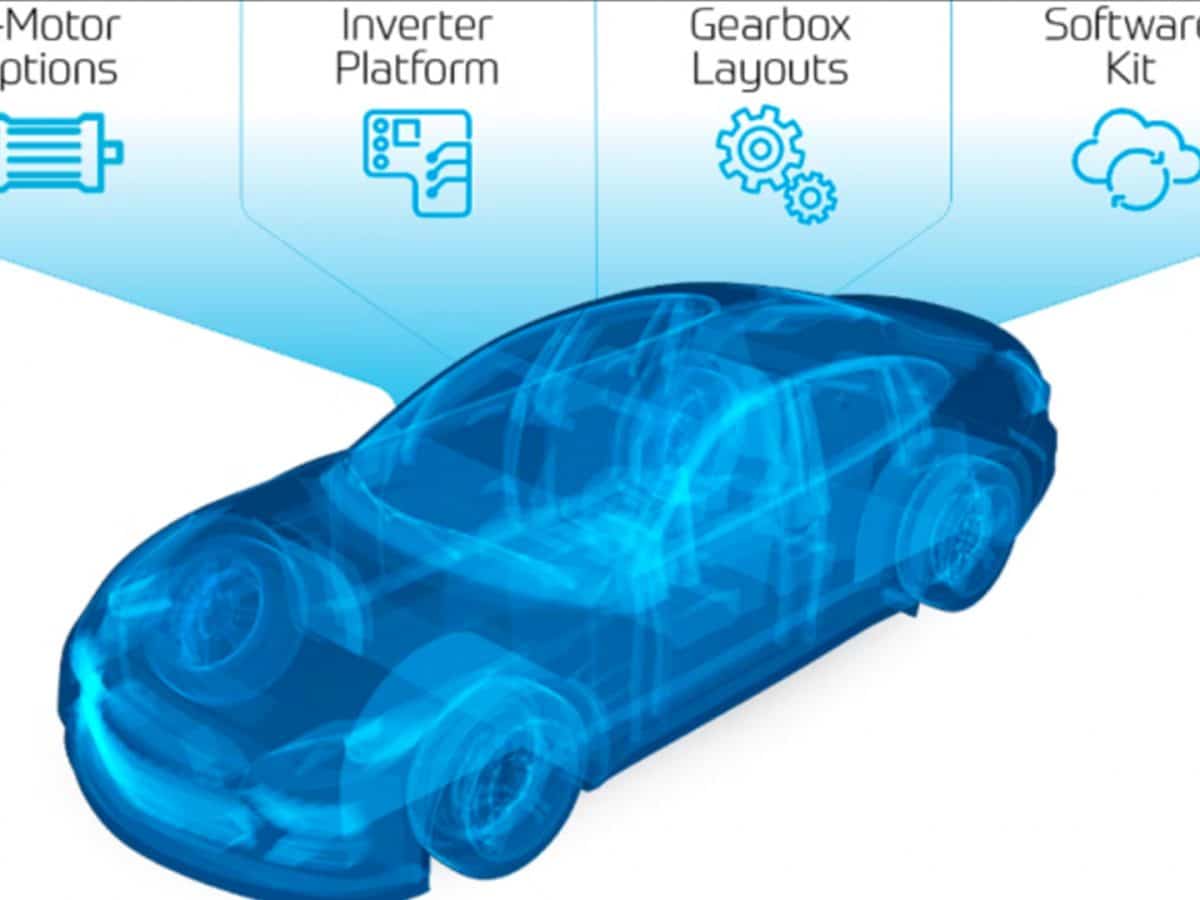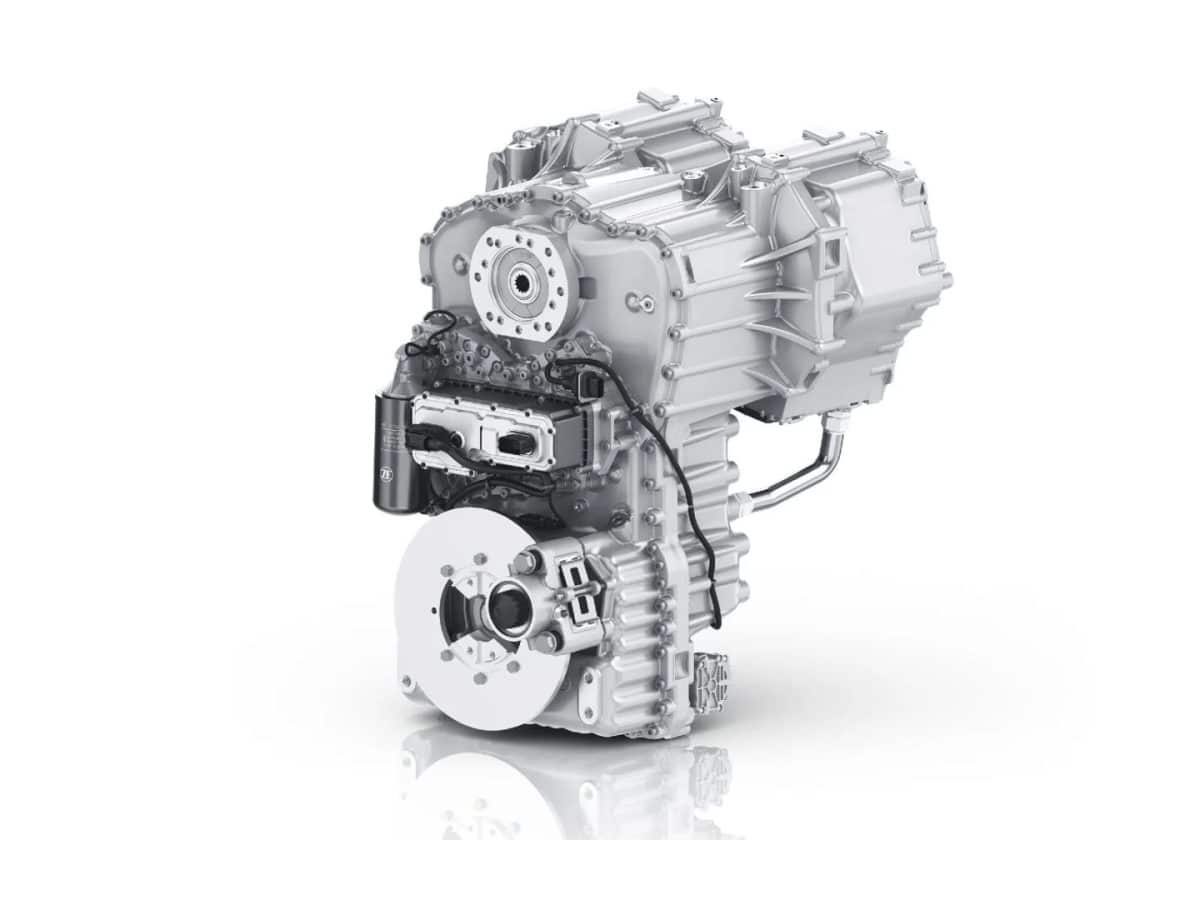Cruising into the future, ZF Group predicts that the amount of material it sources and the money that it makes will soar over the next six years across all its sectors – not only mobility, but also wind energy.
The group expects its sourcing of parts, both for local and global requirements, to reach an annual value of about €2 billion by 2030, and the Group’s total revenue in India is expected to increase to €3 billion, up from €1.1 billion in 2023.
Peter Laier, Member of the Board of Management at ZF Group, mentioned that with the transportation requirements increasing in India, the probability of having more cars on the roads is bound to increase, thus resulting in higher values per car. Consequently, the firm benefits from extensive growth opportunities due to large investments by the Indian government in sustainable energy particularly in wind energy.
The Group aims to increase its sales in India to €3 billion by around 2030-2032. This increase will be supported by growth in its three core areas: commercial vehicles, wind transmissions, and other technologies.

Laier noted that ZF is already a market leader in many of their product areas. For wind transmissions, the company has made significant investments and holds a strong market share. ZF is prepared to meet emerging safety regulations and new technology demands, such as mandatory ESP installations and electric parking brakes, while expecting growth in the passenger car segment.
Akash Passey, President of the ZF Group in India, spoke about the advances of electromobility in two-wheelers, three-wheelers, and buses. Although adoption is slower for passenger cars and trucks, it is gradually increasing.
The Group also keeps an eye on advancements in technologies like hydrogen, ethanol, and biofuels. Investing in these innovative technologies is part of the Indian government’s 2030 hydrogen program. Nonetheless, ZF continues to prioritize electromobility and internal combustion engines.
From a supplier’s standpoint, ZF offers two primary pillars of assistance to its customers: transmissions for combustion engines (diesel or hydrogen) and a modular system including electric motors, transmissions, and inverters for battery-electric and fuel-cell technologies.
